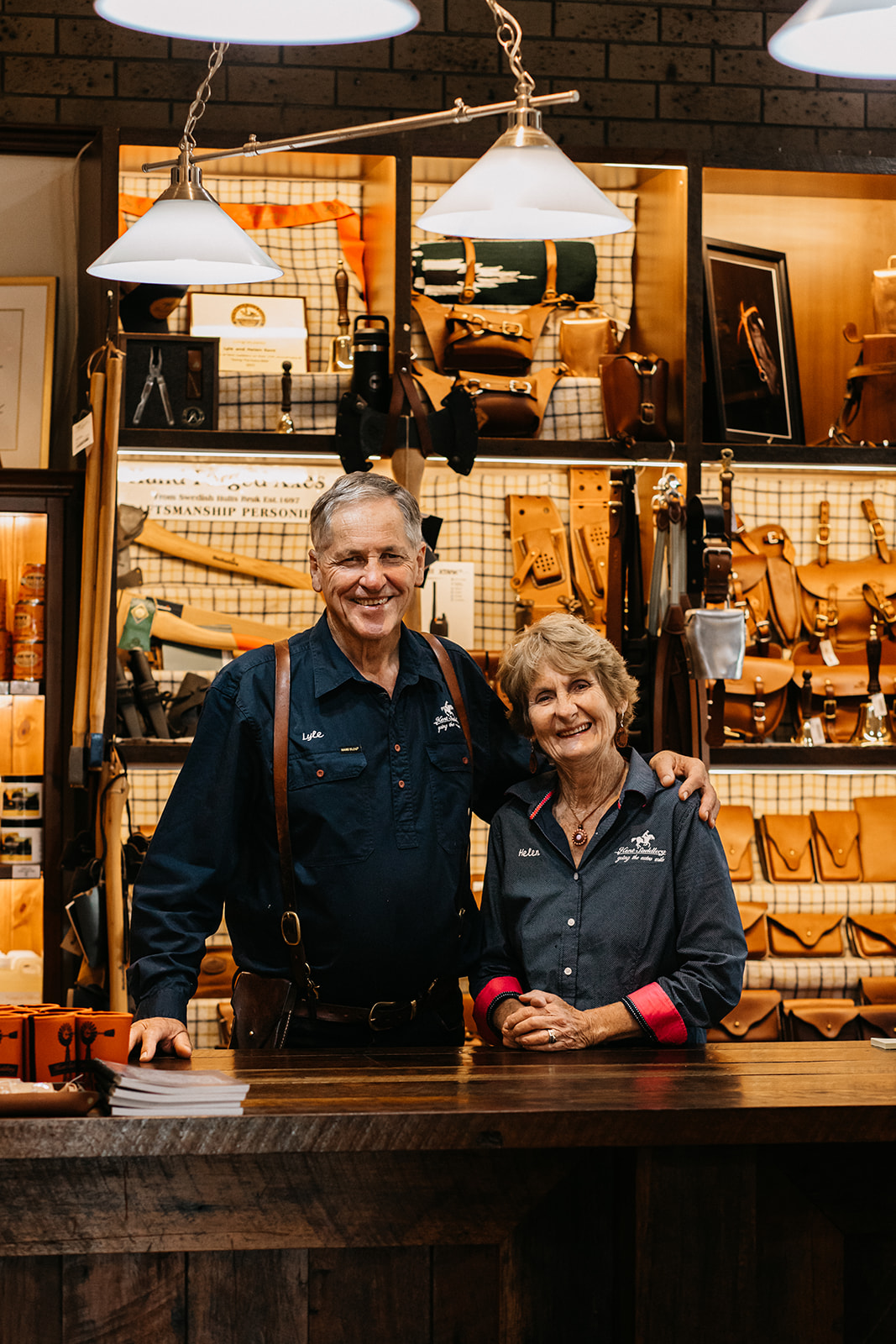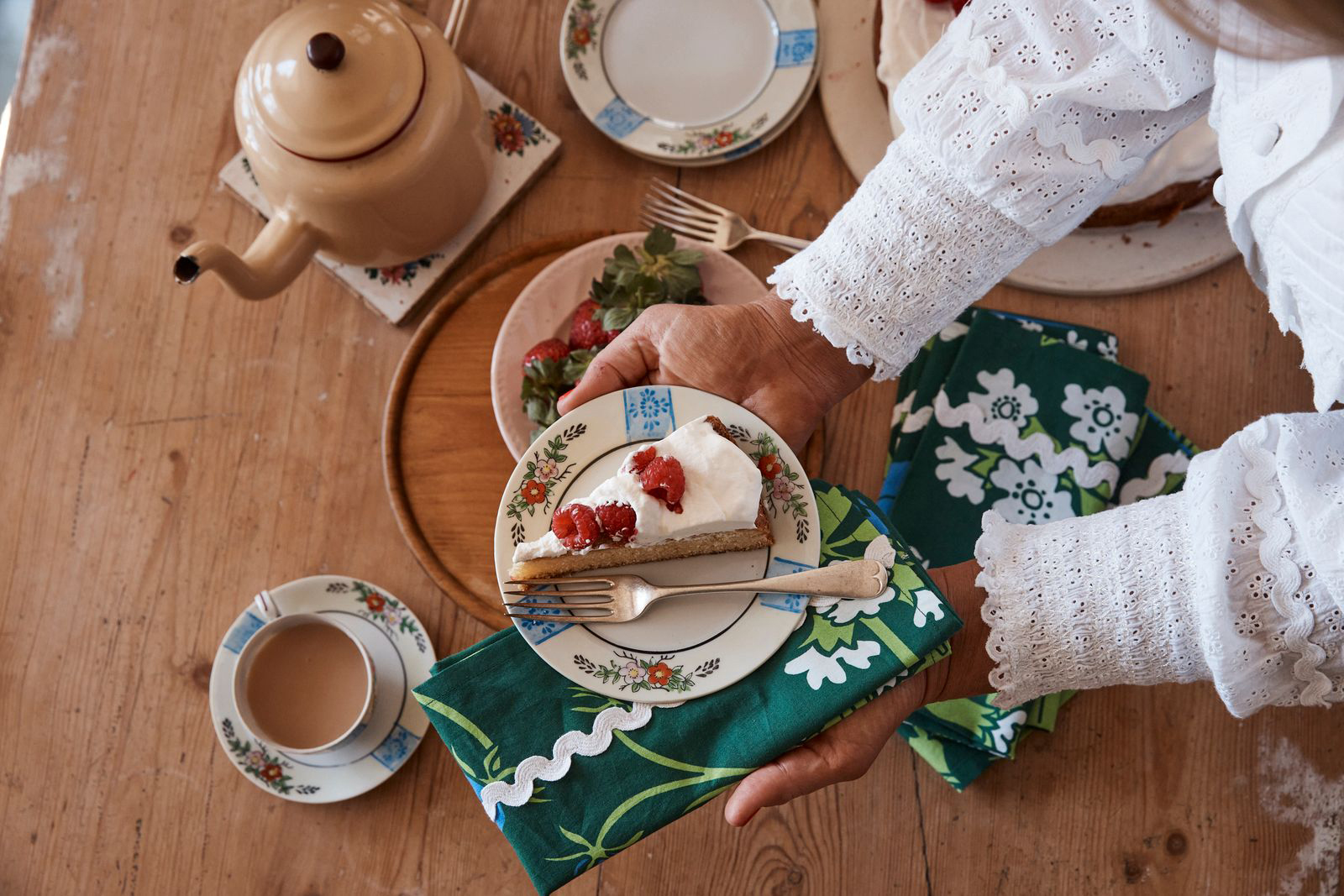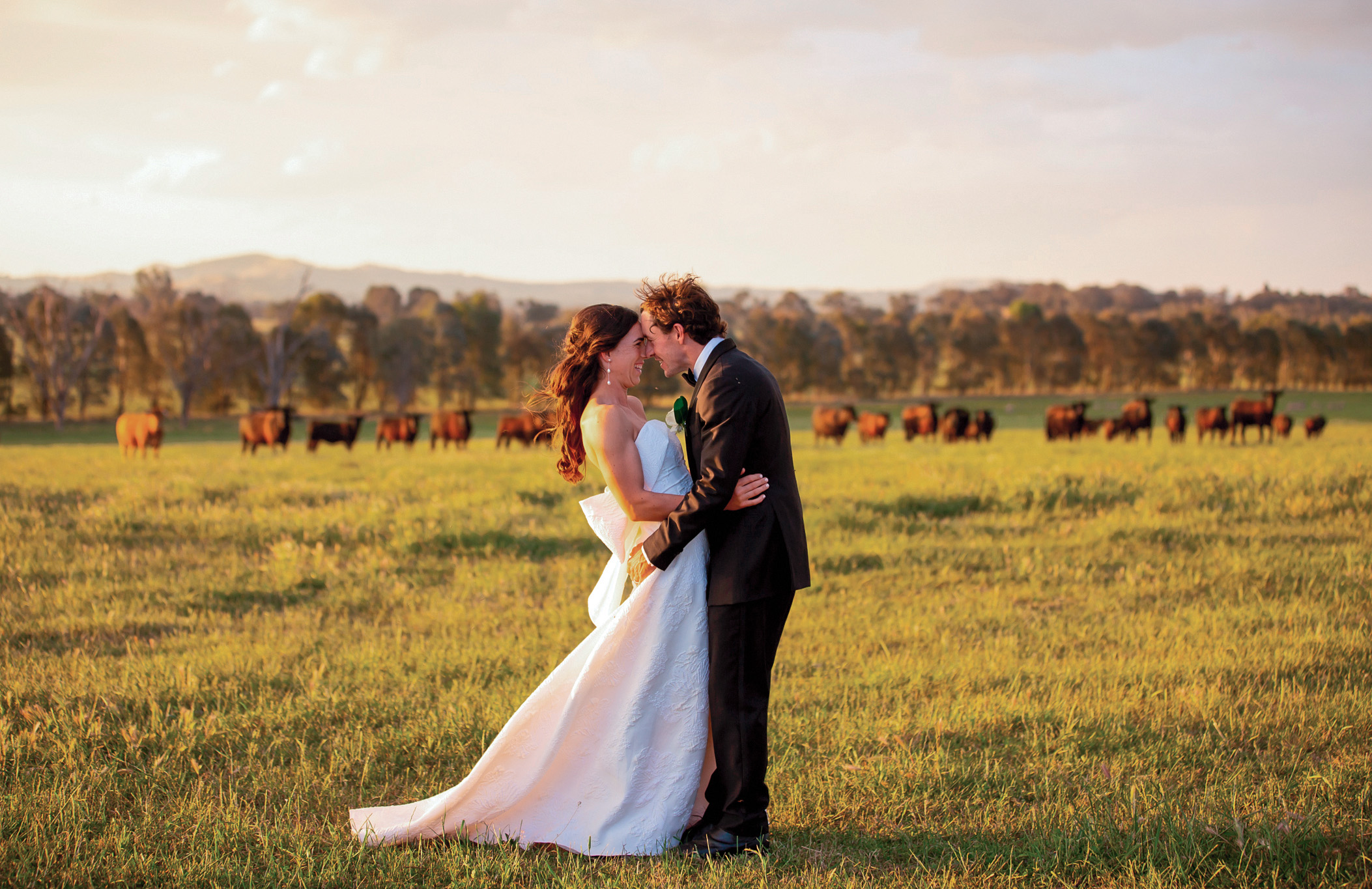Sign up to our mailing list for the best stories delivered to your inbox.
Droughts took the best of her stock, then floods took her fences. Still, Mollie kept going.
This story of Marion ‘Mollie’ Malone (nee McInnes) appeared as part of the Australian Stockman’s Hall of Fame’s ‘Unsung Heroes’ series. Follow the Hall of Fame’s Facebook page for stories about pioneers, publicans and other extraordinary Australians.
Mollie Malone was born on 3 January 1911 at Toowoomba, Queensland. She was reared on a small selection outside Murgon. Her father did not succeed as a farmer, which caused tremendous hardships for the family.
Mollie’s schooling was at the local bush school at Merlewood, which was a three-mile [almost five-kilometre] walk. Social occasions were rare due to the great distances between properties, and a lack of transport, so Mollie developed a love of reading and writing. A hard work ethic was instilled into her that remained with her for the rest of her life.
In 1930 Mollie went to work as a nurse at the Monto Bush Hospital. Monto at that time was a raw town that had been settled in 1923, and was boosted by the Cania goldfields. Land was cheap in the area.
It was poor country, with a poor water supply and very little in the way of roads or railway, no electricity, and just one dirt street.
The Malone family were early settlers in Monto. Father Thomas V. Malone was born in County Clare, Ireland, and he married Ellen Adams in Brisbane in 1894. The Adams family were early English settlers on the Redcliffe Peninsula. Tom and Ellen had eight children — Thomas, Eliza, Denis, Nellie, Joseph, Eileen, Margaret and Kathleen.
In 1931, Mollie married Denis Malone, who had an unfenced selection three miles from Monto at the end of a dirt track. Horses were to be the only means of transport for Mollie up until the early 1940s. Monto was their only source of supplies.
Mollie’s first home was typical of that bush period. Wooden, unpainted, no electricity or running water. The washhouse was outside complete with two kerosene tins to boil the clothes. A wire clothesline with the old-fashioned hand-made clothes props and the bush toilet placed a suitable distance from the house. The house itself was furnished with a homemade table, chairs and beds. Bare floors, wood stove with a wood box. Bathing facilities consisted of an old tin bath filled with hot water from the stove.
Mollie’s life was a duplication of thousands of other women throughout the bush. They were mothers, wives and co-workers on the farms. This was to change forever with the advent of World War Two. Denis, although exempted, felt it was his duty to participate. His brother Tom, had served at Gallipoli and Flanders. Denis enlisted in the 9th Division and sailed for the Middle East in 1940, returning via New Guinea in 1945.
Mollie was left with five children, all under eight years old, and was expected to run a struggling farm, which she managed to do remarkably well. Having only a horse for transport, and no electricity, telephone, or help. “Up at midnight, up at dawn!” was Mollie’s way of life during the war years.
At dawn she would prepare breakfast for the family on the old wood stove. Then she would round up the forty milking cows with the assistance of her Kelpie dog. Whilst Mollie milked the cows the children would do their chores before riding off to school. The cream man would then arrive, and it was after all this that her day would really begin!
Mollie washed, ironed, cooked, cleaned, chopped wood, ploughed, dipped the cattle, swam them over flooded creeks, carted water with horse and bush sledge, and pulled cattle from the creeks. She would watch droughts taking the best of her stock, then watched floods take her fences.
Mollie suffered from the isolation, and the lack of other adult company. Her own family living far away, and her husband’s family having ‘differences of opinion’ with her. News came to her by the old bush wireless, the mail was very irregular, and she had no telephone.
Mollie had to take any injured children to the hospital by horseback, and later by sulky. One daughter had a broken arm, another had head injuries, both caused by accidents whilst horse riding. One son sustained bad burns from a kerosene lamp, whilst another, who had a bad foot injury, had to have bush surgery at home as the creeks were flooded. She almost lost her eldest son, Dan, at the age of five months with a strangled bowel, which required major surgery. There seemed little hope of survival, but the bush doctor performed a miracle operation with very little resources.
Mollie’s hard work and determination eventually brought the farm out of debt. She was able to install a milking machine, and finally bought herself a Chevy ute, which she had to teach herself to drive. She was able to send her eldest son to boarding school on the coast.
After the war, there were no big parades or medals for these women bush battlers. They had kept the farms and properties running during the war years, regardless of the cost to themselves. They had provided for their families and kept them together.
Mollie’s good times were still a long way off. After the war she lost the farm, and had to start again to support her husband, who came home an ‘invalid’, and her children. She took any job she could — hotel cook, station cook, and worked in a small cake shop in the city. She never considered social security as an option, but looked after her own fate.
She suffered another cruel blow with the death of her son Michael, at the age of 30. And fate struck again with the death of her daughter Erin, when she was aged 46.
In 1995, during the 50th anniversary of the end of World War Two, the government finally honoured the ‘Molly Malones’ of the bush with awards, interviews and presentations of their stories throughout the media, including a photographic exhibition featuring their stories, which travelled throughout Queensland.
For more about the Australian Stockman’s Hall of Fame in Longreach, Queensland, visit the website.
Like this article? Consider supporting independent media by subscribing to Graziher, or giving a gift subscription to someone special.

Lyle and Helen Kent started Kent Saddlery in 1988. They have no plans to retire.

It seems the sourdough craze of the early pandemic still has its followers.

The couple chose to marry at home and set up ‘glamping’ tents for their guests to stay in.